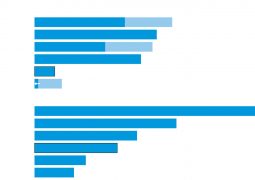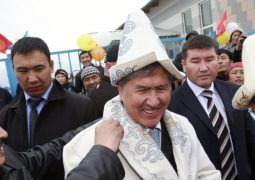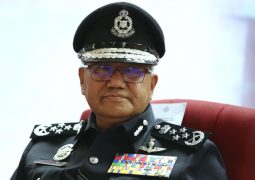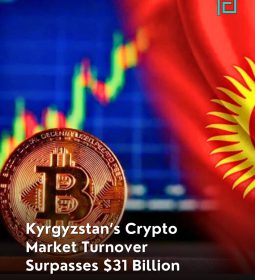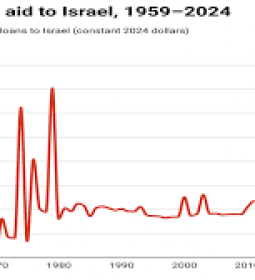Consider SCO partnership, says Malasian expert
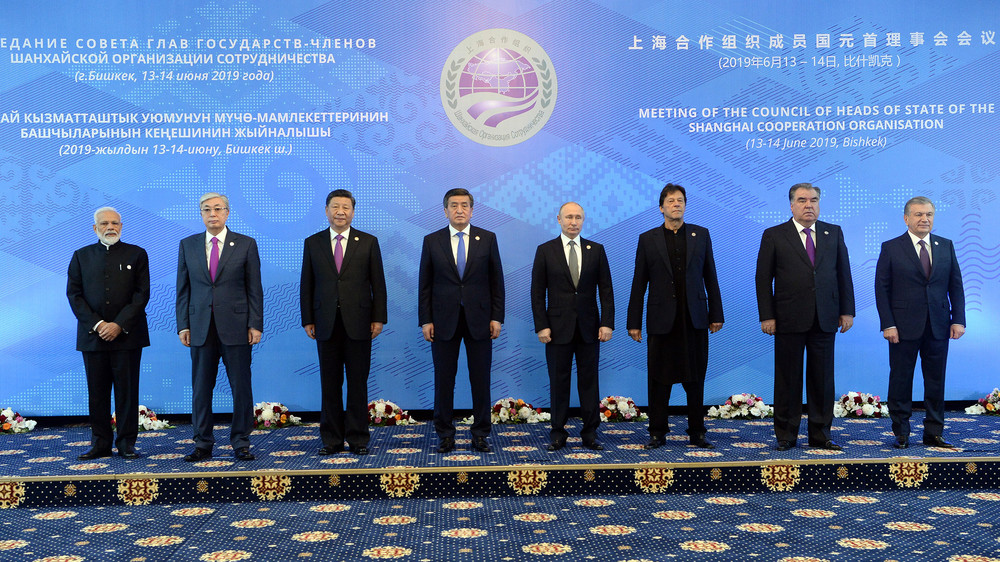
Consider SCO partnership
By Dr Ngew Chow Bing
On June 14 and 15, Chinese leader Xi Jinping, Russian President Vladimir Putin and Indian Prime Minister Narenda Modi met at Bishkek, the capital of Kyrgyzstan, to attend a summit of the Shanghai Cooperation Organisation (SCO).
Little known in Southeast Asia, the SCO was created in 2001, and is currently headquartered in Beijing. It is the largest Eurasian-based regional organisation. Its current full members include China, Russia, Kazakhstan, Kyrgyzstan, Tajikistan, Uzbekistan, India and Pakistan, which together cover more than half the world’s population. Almost all of them are in the Central Asian region (Turkmenistan is the only Central Asian country not in the SCO), but with the addition of India and Pakistan in 2017, it has expanded to the South Asian region.
There are two outer layers of semi-membership. The “Observers”, which include Afghanistan, Belarus, Iran and Mongolia, are allowed to attend certain public high-level meetings held for the full members but without the right to vote, while “Dialogue Partners”, including Armenia, Azerbaijan, Cambodia, Nepal, Sri Lanka, Turkey, are allowed to have access to selected meetings and participate in certain sectors. With these semi-members, the SCO in fact stretches from Europe to Asia, becoming truly a pan-Eurasian organisation. In addition, the SCO also maintains ties with several multilateral institutions, including Asean, Commonwealth of Independent States, and the United Nations.
Although sometimes portrayed in the Western media as a security alliance, the SCO’s agenda actually is more comprehensive, covering security, economic and cultural dimensions. Its security cooperation is heavily focused on counter-terrorism. The Regional Anti-Terrorist Structure, based in Tashkent, Uzbekistan, is the permanent counter-terrorist arm of the organisation. A number of SCO joint military exercises have also been carried out.
There is also economic cooperation. In 2003 the Programme of Multilateral Trade and Economic Cooperation was signed by all full members of the SCO. Ministerial coordination meetings on trade, transport, logistics, finance, agriculture have been created. The SCO Business Council and SCO Interbank Association were also created to facilitate greater cross-border trade and investment.
In addition, there are also vibrant humanitarian and cultural exchanges. Its membership is culturally diverse, and historically the region is an important part of the Silk Road.
The SCO is made up of countries with different political structures. Although Western media tend to portray it as a “club of autocracies”, it has the world’s largest democracy, India, as a member. It is, in fact, the largest international organisation in which the influences of the Western powers are minimal. The United States applied for Observer status but was rejected.
Geopolitically and geostrategically, the SCO is likely to remain the most important and dynamic pan-Eurasian entity. The SCO has not fundamentally challenged the international order built up and maintained by the West, and yet it operates in its own unique way, without Western influences. Within Asean, only Cambodia has a relationship with the SCO as a Dialogue Partner.
A Cambodian foreign minister has said that Cambodia could bridge the economies of Asean and the SCO.
This writer believes that Malaysia can derive significant strategic benefits by becoming a Dialogue Partner of the SCO since Malaysia enjoys good relations with all full members. Moreover, a substantial number of the full members of the SCO are Muslim-majority countries with which Malaysia has good ties.
Being a Dialogue Partner will allow Malaysia to gain a foothold in being part of the most active and vigorous Eurasian diplomatic process and regional architecture. It will allow Malaysia to understand what is going on in the heart of the Eurasian landmass.
Moreover, the economic potential of Central Asia remains to be tapped. China’s massive Belt and Road Initiative includes the overland connectivity routes (the Silk Road Economic Belt).
Russia’s Eurasian Economic Union is also focused on this region. Energy cooperation, infrastructure projects, industrial parks, and hence business opportunities in this region, could be tremendous.
In terms of counter-terrorism cooperation, while Malaysia does not necessarily follow the counter-terrorist policies of the SCO states, there is much ground for cooperation in terms of sharing of knowledge and practices.
Furthermore, it is exactly because the West has limited influences in the SCO that Malaysia should consider participating in it; Malaysia can learn first hand the developments in the SCO.
Being a Dialogue Partner is not a sign of being allied with China and Russia. Malaysia will continue to maintain good relations with the Western powers. It will increase Malaysia strategic leverage and relevance, and enhance its middle power aspiration.
Malaysia participates in the SCO for pragmatic, not ideological or geopolitical reasons. It is both a statement and continuation of Malaysia’s neutrality-based foreign policy.
Cambodia has set a precedent in Asean. But Cambodia is a very small country, and can play only a limited role. In contrast, Malaysia will have greater potential to be the key linkage between the SCO and Asean.
There are, of course, potential costs for Malaysia. The SCO’s image as a “club of autocracies”, although not necessarily true, may sometimes become a reputational cost. For example, the election observers from the SCO fully endorsed the elections in Cambodia last year in which only one party won all the seats. Western countries and some in Asean may also view Malaysia’s SCO Dialogue Membership suspiciously.
There could be some financial and administrative costs as well. Wisma Putra may be hesitant to undertake new assignments in a region mostly unfamiliar to the diplomatic corps. Moreover, at a time when Malaysia is focusing its diplomatic energy on the immediate neighbourhood, questions may be raised as to why the government has to spend resources being part of an organisation that seems far away from Southeast Asia.
While these costs are real, the long-term and strategic benefits to Malaysia still outweigh the costs. After all, Malaysia is located at the southeastern tip of the whole Eurasian landmass. If Malaysia manages well, it could become the indispensable country for connecting the SCO with the Southeast Asian region.
It will be another sign of Malaysia becoming an active and constructive middle power.
The writer is director of Institute of China Studies, Universiti Malaya
- Previous The wonder of Australia’s meat and livestock industry
- Next Who pays Trump’s tariffs, China or U.S. customers and companies?




